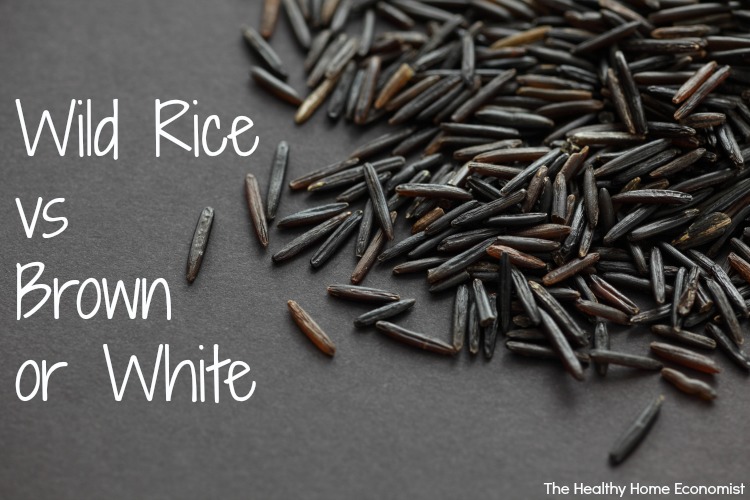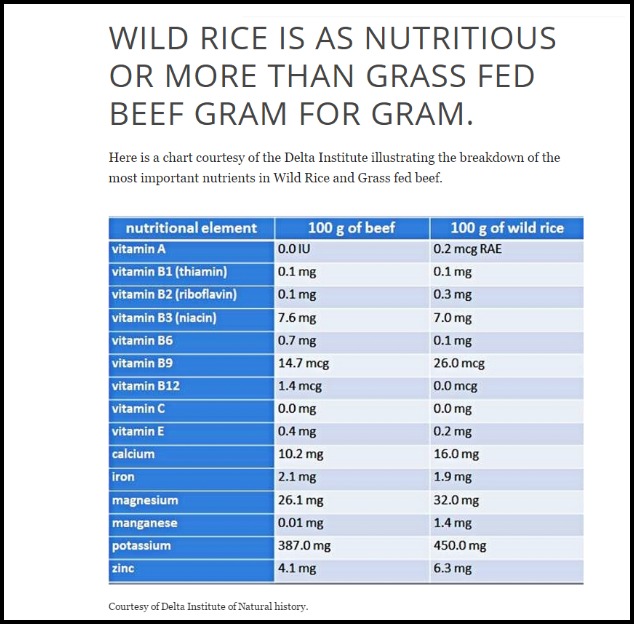Your goal could be autophagy for cancer risk reduction (vs. just weight loss).
Just plan it after a vacation where you pack on a few pounds.
I hear on podcasts things like doing a 5 day salt-water-only fast once a quarter, semi-annually or even just annually is supposed to give you protective benefit as well as a better immune system.
Megan on fasting...longer is NOT better
I think it depends on where you start,if you’re grossly obese you can go longer.I’m looking forward to eating keto again.I probably have another 20 or 30 days to go if I don’t feel bad or my lab numbers come back with bad numbers.99 days in 110 lbs down 30 pounds to go for my goal of 190’s,340 starting weight.
I feel good,I do sometimes get a little dizzy if I stand up too fast from tying my shoes etc.But I celebrate every 10 pounds that I lose and it keeps me motivated.
I’m going to ask again - there seem to be two threads about the same thing right now. How is this sustainable and any different than calorie restriction for weight loss? As soon as you start eating again, you’re going to gain weight - even with low carb. It’s not a trick, it’s science.
because calorie restriction doesnt address when you eat those calories. please watch the video I posted twice. it answers your questions, as does Dr Fung many times over on YouTube. here’s one to get you started.
edited to add you do add some weight back after. but not all of it. it averages to .5 of fat lost a day after your weight is settled. also “the complete guide to fasting” is available for free on YouTube. knowledge is power.
This could be viewed as sustainable because you add or remove from your 21 meals per week until you are at the weight you want.
The premise (which does not seem far from the truth) is that the modern food environment is bad - so limit by quantity.
Even Dr. Fung has argued this - you cannot easily get compliance from a 70 old Chinese person raised on rice - you need to say “eat” or “don’t eat” for specific periods.
The difference is that you are not moving 300 calories off of each day’s intake.
You are dropping food of any kind on some-day-each-week.
I wasted time and couldn’t get the fart shaming one out first!! Watch it people, I’ve had editing jobs in the past! 

Good point, Rob. Our own person-by-person context matters.
I’m in the Fung/Ramos fasting group on Facebook, and I think the mutiple 36 or 42 hour fasts per week is something they have found is a good ‘middle ground’ - tolerable to many people and enough that it does bring good results.
My opinion - if one really wants and needs to fast, going 36 hours can be super-easy, especially if one has fasted for mutiple days before or even tried to; things are oh-so relative.
If I eat Monday evening, then to go to Wednesday morning is no big trick.
Wild rice, the less processed the better > brown & white, for sure, Bunny.  If one is into fiber, looks like the mother lode, there, eh?
If one is into fiber, looks like the mother lode, there, eh?
Dr. Fung has also said that some people do well, don’t become obese, etc., on a diet quite high in carbs - but they do not snack (they’re not ‘constant grazers’ at all), and tend to eat less frequently, often just one big meal per day with perhaps a small one at the other end of waking hours. This means much more time for insulin levels to decline after eating, and an overall lower average insulin level.
Fung mentioned the wild rice thing in one of his interviews.
‘The reason’ you never really see obesity or diabetes in Asians?
What else is in that wild rice?[1]
Footnotes:
[1] “…Indigenous diets were very rich in the trace minerals zinc, vanadium, and chromium which were natural diabetes preventatives…” …More
Likely a good bit of it, though that is diluted wihen they start eating like westerners. 
There’s also the genetic thing - skin layer of fat doesn’t get as thick as easily, even if fat is accumulating around internal organs.
Fat populating around the internal organs is interesting and I think that could be because the adrenaline glands get too taxed (excessive cortisol?), then when you add-in the lack of dietary sources of choline and/or methionine; you get a fatty liver followed by pathological (hepatic) insulin resistants, then diabetes…
I think this is the big tipping point (for gradual easy weight loss - autophagy more like 3 days) - some days do not eat - at all.
Technically a 36-hour fast but, really just wake up, no food, sleep (i.e. two full fasted sleep cycles).
To me, really different from OMAD or 24 hour fasts.
Big dinner Saturday to big dinner Sunday.
“Oh - I did a 24-hour fast, one day of not eating.”
Not really, big Saturday dinner sits inside digesting for a long time.
Magic happens later and big Sunday dinner is too soon.
Regular meals Friday, nothing Saturday and regular meals Sunday seems to have impact and make sense.
Cahill’s “Starvation in Man” is considered definitive, and Keys’s Minnesota Starvation experiments (not fasting, but 1600-calorie diets) also contains a lot of useful data.
Cannot make money (easily) simply telling people not to eat.
Fung’s Aetiology of Obesity Youtube series is really helpful.


